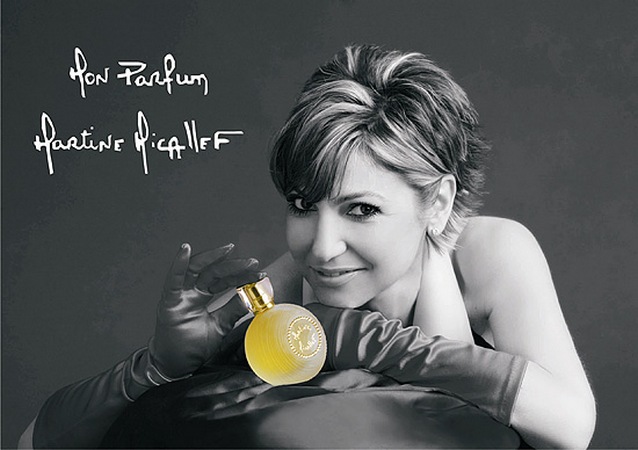
A few readers asked to know when the "Oud Wave" began, and when the use of "Oud" in western perfumes started.
An answer is not so easy, because the more time passes, the more new discoveries come out. It seems everyone was involved in Oud affair, a few years ago.
In a few words, the first mainstream perfume using Oud (natural or synthetic-only, it's still matter of debate) was Yves Saint Laurent M7, in 2002. After this year, Oud gained more and more attention, and "exploded" in the second half of 2000s.

But maybe one year earlier (2001) Pierre Montale, set in Saudi Arabia before opening his French boutiques, created his "Aoud" perfumes.

But Martine Micallef affirmed publicly she started using Oud in her perfumes already in 1997.

And finally, in a nice interview released some months ago on "From Pyrgos", Jeffrey Dame (marketing manager for several perfume houses) said he began to consider Oud already in 1993...and sparked a lot of controversies:
"...so this past weekend I pulled out my box of aoud concepts from 1996-1998 and was disappointed - but not surprised - to find that they had all turned and were just so sad in many ways. Back in 1993-1995 when I was at Parlux I developed with the designer Todd Oldham his fragrance and that was my first exposure to aoud notes. Todd was passionate about aoud from his time as a young man spent in the middle east and loved the ingredient. The final Todd Oldham scent was a blend of modern perfumery and classic aoud and I loved the final balance between the two. After Todd Oldham launched I continued a personal quest into aoud and developed a wide-range of aoud notes working with perfumers at Dragoco, H&R, IFF, Firmenich and Fragrance Resources. At the time aoud was kind of a personal hobby for the perfumers, a note they loved to play with but no one in the market was interested in. In 1999 I flew to Jeddah in Saudi with my collection of aoud fragrance concepts to make a presentation to my distributor there. They turned down the project convinced that aouds adapted for western markets would never succeed. Oh well. So this past weekend I pulled out my box of aoud and was so disappointed. They had all gone flat and linear without complexity; several had actually turned completely and had that vinegary feel. I was disappointed, as often times oriental-themed scented last longer, but here was a group that just didn't hold up. I still saved the box. Looking for metaphors, for me a freshly-blended scent is glorious, full of complexity, surprises and heart - like having a perfect meal at a top restaurant and savoring every bite. A scent which has aged past its ideal life loses that wonderment and has all the appeal of a frozen dinner - the picture on the box looks savory and you want it to taste good, but in the end it is what it is."

So, back to the initial question, in the Western world, Oud arrived in the beginning/half of the Nineties, but gained a lot of attention only since mid of the 2000s.
It's still early to say if "natural Oud" perfumes will stay for more than a decade, as Jeffrey Dame affirms. It's even more difficult to say if the "Oud Wave" will continue during next years.
In the meantime, have fun with Oud (natural or synthetic)









0 comments:
Post a Comment